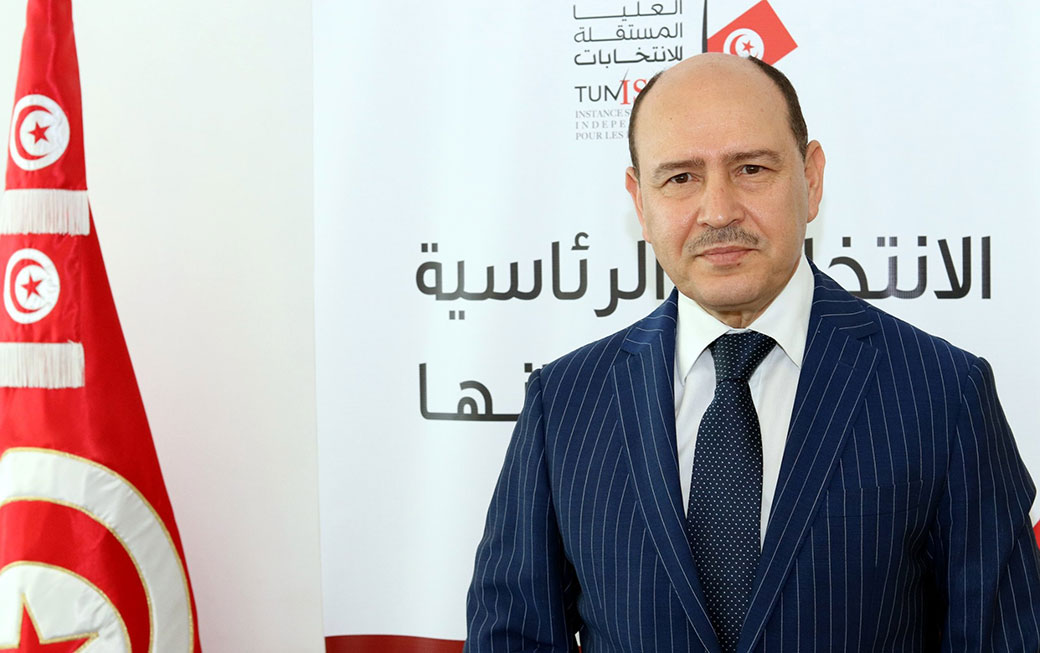Tunisia: Presidential candidate Lotfi Mraïhi arrested on money laundering charges
2 min read
Tunisia: Presidential candidate Lotfi Mraïhi arrested on money laundering charges
Your go-to source for in-depth coverage of political developments, economic trends, social affairs, and vibrant cultural stories from across the continent.

Tunisia: Presidential candidate Lotfi Mraïhi arrested on money laundering charges
Lotfi Mraïhi, the president of the Union Populaire Républicaine (UPR) and a candidate in the upcoming presidential elections, was arrested on Wednesday night. The arrest was carried out by officers from the Criminal Affairs Sub-Directorate of the Judicial Police in El Gorgeni.
The Tunisian radio station Mosaïque FM, citing a statement from Mohamed Zitouna, the spokesperson for the Tunis Court of First Instance, reported that Mraïhi is suspected of money laundering.
“The president of the UPR is arrested on suspicion of money laundering, transferring assets, and opening foreign accounts without authorization from the Central Bank,” said Zitouna.
Mraïhi was detained in the northeastern governorate of Nabeul and subsequently taken to the headquarters of the Judicial Police in El Gorgeni.
In a video posted on his official Facebook page in April, Mraïhi had announced his intention to run in the forthcoming presidential elections.
His arrest comes at a critical juncture as the political landscape in Tunisia is increasingly tense.
On Tuesday, President Kaïs Saïed issued a decree calling on voters to participate in the presidential elections scheduled for Sunday, October 6, 2024.
It is widely expected that Saïed will seek a second five-year term, following his victory in the 2019 elections.
Opposition movements in Tunisia have consistently opposed the “exceptional measures” imposed by Saïed since July 25, 2021, which they argue have plunged the country into a prolonged political crisis.
These measures include the dissolution of the Supreme Judicial Council and Parliament, the enactment of laws by presidential decree, the holding of early legislative elections, and the approval of a new Constitution via a referendum.
Several political factions in Tunisia have denounced these actions as “entrenching autocratic rule,” while other Tunisian groups view them as “restoring the trajectory of the 2011 revolution” that ousted the then-president Zine el-Abidine Ben Ali, who ruled from 1987 to 2011.
As the political climate heats up, Mraïhi’s arrest adds another layer of complexity to Tunisia’s already fraught electoral process.
His detention raises questions about the transparency and fairness of the upcoming elections, and the implications for the nation’s democratic journey remain to be seen.
I am an avid African news observer, and an active member of Daily Mail Africa. I’m Passionate about staying informed on diverse topics across the continent,
I actively contribute to publishing on political, economic and cultural developments in Africa.